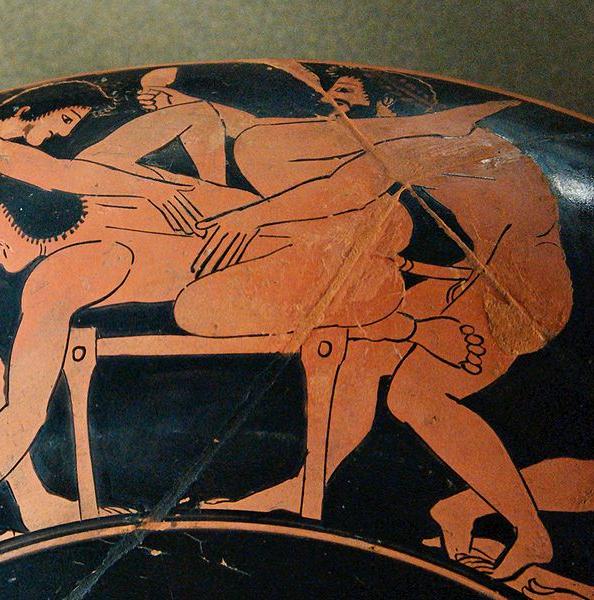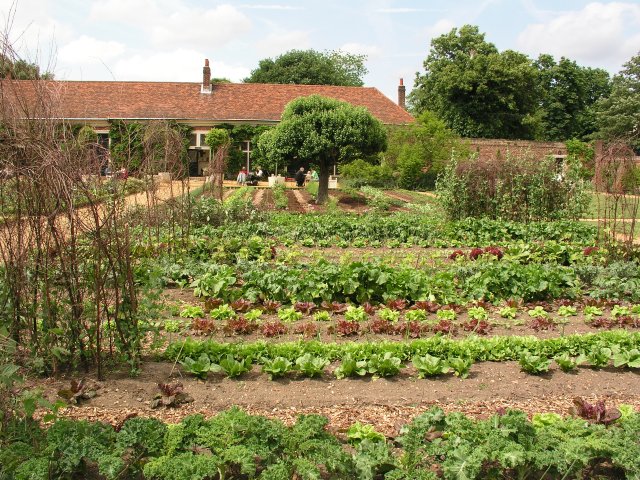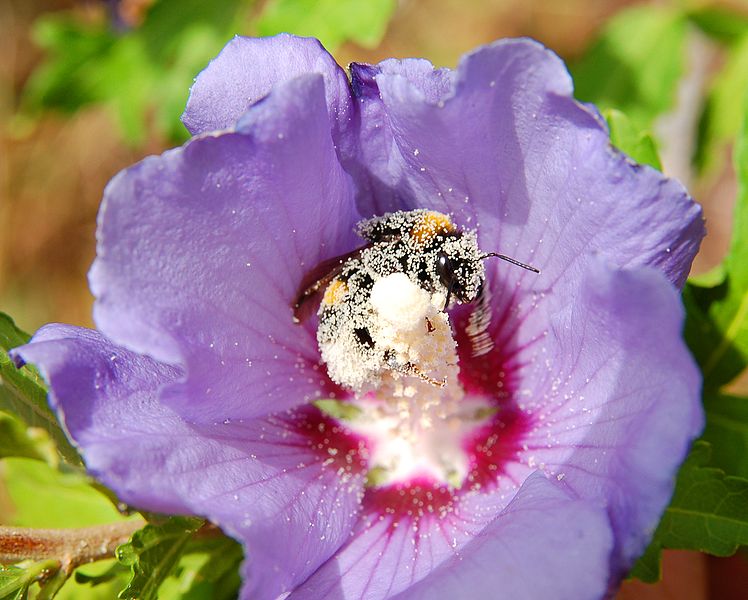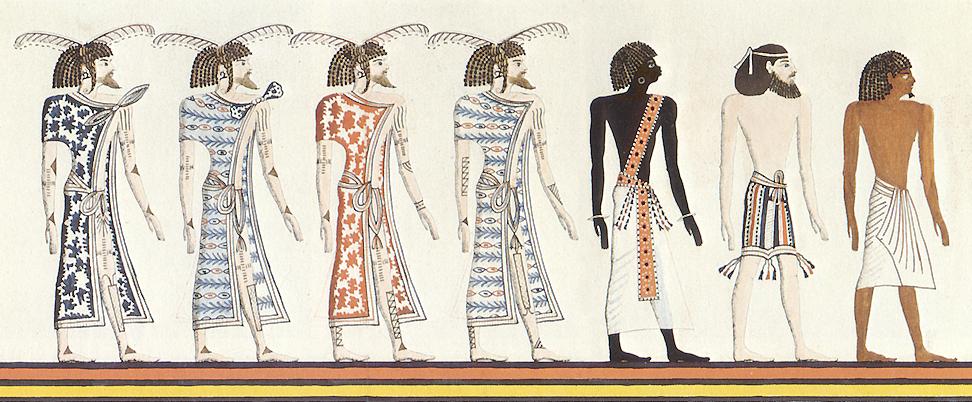From Priapus’ plump phallus to Shiva’s singular sexuality, humans have a rich history of fascination with sex. In Classical Antiquity, the Greeks and Romans crafted innumerable erotic vases and sculptures. As you can see from the vase in the photo above, they were not especially prudish! The Japanese, Peruvians, Chinese, and numerous other cultures made erotic artwork, and the Indians produced a helpful sex guide called …
Changing Winds in Science Funding
Bias can taint scientific research, as conclusions are sensitive to the conscious and unconscious choices scientists make in study design, data collection, analysis, and interpretation. A naive, utopian vision of science would have its practitioners completely impartial, unbiased and objective. Scientists would rely solely on the evidence to construct their conclusions about the world, without an eye towards dogma or financial gain. Of course, …
Science is hard
Much of my science education has done remarkably little to make me into a critically thinking scientist. I passed my college classes, typically getting decent grades. I dutifully memorized the stages of photosynthesis, the enzymes used during the Krebs Cycle, and how to balance equations of chemical reactions. Do I remember any of it now? Only a little bit. Did it make me a …
A Healthy Diet: How do we Know?
The question of what’s for dinner is not as simple as it used to be. We are told to avoid sugars, gluten, and saturated fats, and to increase our intake of resveratrol, vitamin D, and Omega-3 fatty acids. We’re sold the Atkins diet, the Paleo diet, the Mediterranean diet, Jenny Craig, DASH, Weight Watchers, and on and on. There are so many programs …
Simple uses of plant preferences
Like humans, plants have strong preferences when it comes to the company they keep. Plants try to fight off invaders they don’t get along with, and try to encourage their buddies to live nearby. Farmers have been taking advantage of these behaviors for thousands of years to enhance their yields and prevent pest infestations, creating a rich agricultural tradition. When we …
The Romance of the Garden
This post is adapted from the original on my (now-defunct) personal blog “Strange Branches.” If you live in Zone 5-7 in the US (see map), this is a good time to buy seeds and seedlings to start your garden, so I thought I’d give you a gentle nudge. For the past four years now, my partner Jen and I have been …
When humans are treated worse than animals
Main photo from Wagingnonviolence.org I posted previously on how animals used for research are treated differently than those that are eaten. Since then, I have been reading about the criminal justice system in the United States (check out books here and here). I was struck by how much our prisons use solitary confinement. Humans are social creatures, and social research animals are guaranteed the right to interact …
Symbiosis: What’s in a Name?
In the natural world, no species is an island. Every living thing is enmeshed in a web of interdependency with other species. In the broadest sense, all living things depend on the metabolism of other species to deliver the nutrients they need in a form they can use. Without the photosynthesis of the world’s great forests, coral reefs and algae beds, there would …
Food and disease: Are you what you eat?
Since the early 1900s, Americans have argued about whether “natural agriculture” produces food that is healthier than conventional agriculture. Conventional foods are grown with petroleum based fertilizers, and are typically processed with added preservatives, while “natural foods” are grown with organic inputs and are processed with as few preservatives as possible. In the 1970s, this argument launched into a national movement, …
Decoding the Stories of our Ancestors – pt. 3
In previous posts I discussed the evolving debates concerning the geographic origins of Homo sapiens, and whether our ancestors interbred with Neanderthals and Denisovans. In both cases, a flood of newly available genetic evidence revolutionized our understanding of our past. But what about the more recent chapters of our history? Almost every corner of the globe has been settled by at …





